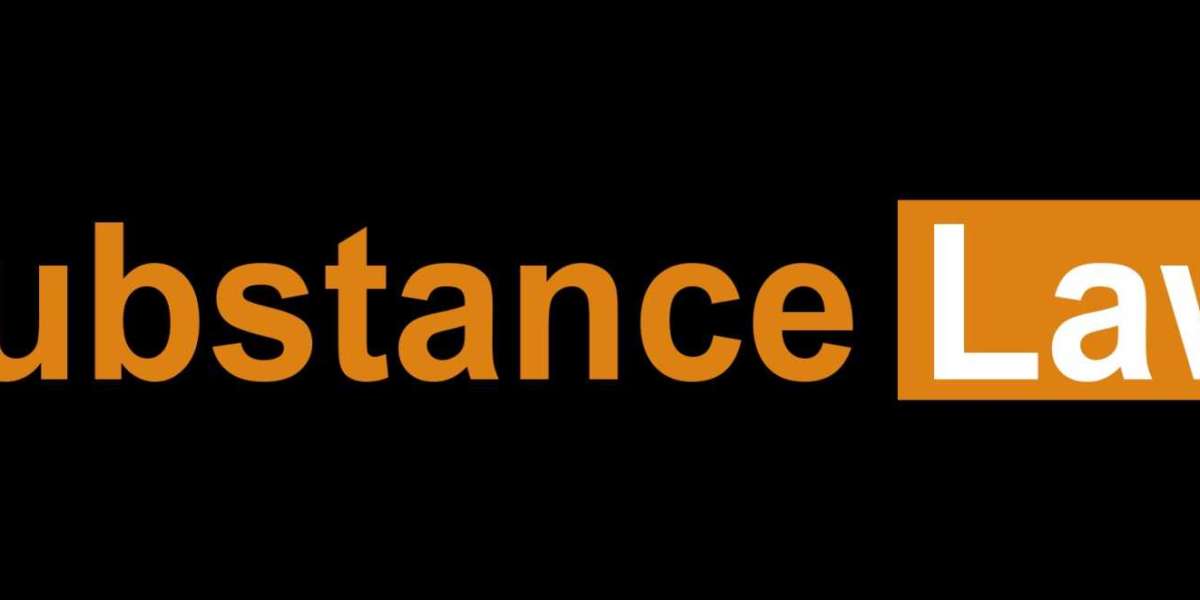Launching a cannabis business in Toronto can be an exciting but complex journey. Startup founders face a wide range of legal requirements, and one of the most important steps is securing the right licences. Whether the goal is retail, cultivation, or distribution, the process is highly regulated. A well informed decision about choosing a cannabis lawyer can be the difference between approval and long delays.
This article will guide startup founders through the essential considerations for hiring a cannabis legal expert, understanding licensing in Toronto, and avoiding the pitfalls that commonly affect new businesses. It will also highlight why working with established firms such as Substance Law, located at 10 King St E Suite 600, Toronto, ON M5C 1C3, Canada, can provide a clear path through regulatory challenges.
Why Licensing Matters for Startups
Licensing is the foundation of compliance in the cannabis industry. The Alcohol and Gaming Commission of Ontario (AGCO) oversees the retail licensing process, ensuring businesses meet strict standards for security, recordkeeping, and operational practices. Without a valid licence, founders risk penalties, closure, and reputational damage.
For startups, timing is everything. Delays in approval can lead to missed opportunities and financial strain. This is why securing proper legal guidance early is vital. A cannabis lawyer ensures that every application form, supporting document, and compliance plan is handled with precision.
The Role of a Cannabis Lawyer
A legal professional with industry specific knowledge does far more than prepare paperwork. Their expertise extends into strategic planning, compliance, and future growth. Some of the key roles include:
Navigating Complex Regulations
Regulations surrounding cannabis are highly detailed, covering everything from store layout to staff training. A cannabis lawyer interprets these requirements and translates them into practical steps for startups. They also help founders prepare for inspections and audits that often come with little notice.
Structuring the Business
Founders must decide whether to register as a sole proprietorship, partnership, or corporation. A lawyer can outline the tax and liability implications of each option, ensuring the business structure supports long term goals.
Protecting Intellectual Property
Brands in the cannabis industry rely heavily on trademarks, logos, and proprietary processes. Legal experts help secure these protections so competitors cannot infringe on a startup’s identity.
Steps to Licensing in Toronto
The licensing journey requires attention to detail and patience. Below are the main stages startup founders encounter:
Step One: Retail Store Authorisation Application
Applicants must provide detailed plans, including site drawings, business structures, and criminal background checks. Legal guidance ensures no errors in submission, which can otherwise lead to rejections.
Step Two: Public Notice and Community Engagement
The AGCO requires a notice period during which the community can provide feedback. A lawyer can prepare founders to address objections effectively and demonstrate compliance with zoning requirements.
Step Three: Pre Opening Inspections
The store must pass a thorough inspection before opening. Lawyers ensure documentation such as security system certifications, training records, and financial records are in order.
Step Four: Ongoing Compliance
Even after opening, strict rules continue to apply. This includes advertising restrictions, recordkeeping, and product sourcing requirements. Legal professionals monitor these changes to prevent violations.
Common Mistakes Made by Founders
Many startups underestimate the complexity of the licensing process. Common errors include:
- Submitting incomplete applications
- Failing to meet security standards
- Misunderstanding zoning laws
- Overlooking long term compliance obligations
These mistakes can be avoided with legal support. By consulting a cannabis focused law firm, founders reduce the risk of costly delays.
Why Location and Legal Expertise Go Hand in Hand
Toronto is a competitive city with rapidly expanding cannabis markets. The proximity of legal services like Substance Law offers startups convenience and localised expertise. Their team’s familiarity with regional zoning, business bylaws, and licensing updates gives clients a significant advantage.
For founders balancing limited budgets and tight launch schedules, efficiency matters. A lawyer located nearby ensures direct communication and faster turnaround times for urgent compliance needs.
Final Thoughts
Starting a cannabis business in Toronto involves more than just passion for the industry. Success depends on navigating a licensing process filled with technicalities and constant updates. For startup founders, engaging a skilled cannabis lawyer ensures compliance, reduces risk, and lays a strong foundation for future growth.
Legal expertise is not just an option it is a necessity. Firms like Substance Law, situated at 10 King St E Suite 600, Toronto, ON M5C 1C3, Canada, provide tailored services that allow entrepreneurs to focus on building their brand while leaving the complexities of law in capable hands.






